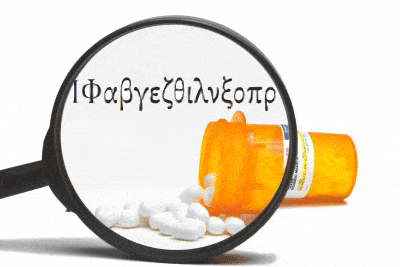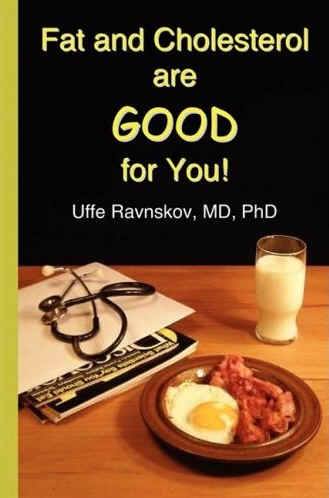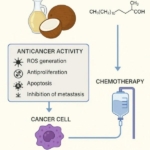New Research: Statins Increase Risk of Polymalgia Rheumatica 14-Fold
Few drugs are as toxic to the organ they are prescribed to “treat” as statins. There are already hundreds of studies indicating that statin drugs are muscle-damaging (myotoxic) and nerve-damaging (neurotoxic), and yet they are somehow still legally allowed to be sold to millions of patients worldwide, ostensibly to protect the human heart — which is, mind you, a muscle with an exceptionally high density of nerves.
After research published back in 2009 in the journal Cardiology found that statin drug use was associated with impaired heart muscle function, there is little doubt remaining that they do far more harm than good. In fact, no less than 300 adverse health effects have been linked to this chemical class of drugs.
Some of the most consistently observed effects listed below
- Liver Damage
- Rhabdomyolysis
- Coenzyme Q10 Deficiency
- Type 2 Diabetes
- Cataract
- Pancreatitits
- Cognitive Decline/Dysfunction
- Erectile Dysfunction
- Peripheral Neuropathies
- Mitochondrial Dysfunction
Recently published research reveals another way in which the obvious damage caused by statin drugs is being covered up, whether by ignorance or intention. Statin drug-induced symptoms have been renamed in Greek as a newly minted, seemingly unrelated disease: Polymyalgia Rheumatica.
Polymyalgia translates from the Greek “pain in many muscles,” and rheumatic means “flux.” Published in the journal PLoS, researchers analyzed the World Health Organization’s Global Individual Case Safety Database, and found that of the 327 cases of PMR reported, ” statins were more frequently reported as suspected agent (29.4%) compared to non-cases (2.9%).”
They found a 14-fold increased relative risk for PMR in statin users:
After adjustment for several covariates, statins were significantly associated with reports of PMR (ROR 14.21; 95% CI 9.89-20.85)
Research like this reveals a likely possibility, namely, that the well-known muscle soreness (myalgia) and inflammation (myositis) associated with statin drugs is far from a rare “side effect” and is likely universally present, the difference being only the degree to which the damage and subsequent adverse effects are experienced. So, instead of calling statin-induced muscle damage by its proper name, the medical establishment projects a “new syndrome,” dressed up in Greek, onto the symptom picture.
Furthermore, given the wide range of natural substances with cholesterol-lowering properties which are available either as foods, e.g. chocolate and coconut water, or benign plant extracts, e.g.policosanol, with far superior safety and at least equivalent efficacy versus a drug, continuing forward with the statin drug paradigm is not only illogical but highly immoral.
Read the full article and comment here: http://www.greenmedinfo.com/blog/new-greek-name-statin-toxicity-polymyalgia-rheumatica





 HHS Secretary Kennedy Breaks His Promise: "War on Saturated Fat" Kept in Tact with New U.S. Dietary Guidelines
HHS Secretary Kennedy Breaks His Promise: "War on Saturated Fat" Kept in Tact with New U.S. Dietary Guidelines Research Continues to Show Virgin Coconut Oil's Effectiveness in Treating Cancer
Research Continues to Show Virgin Coconut Oil's Effectiveness in Treating Cancer Coconut Oil Continues to Benefit Alzheimer's Patients over Drugs as Studies Continue for Neurological Benefits
Coconut Oil Continues to Benefit Alzheimer's Patients over Drugs as Studies Continue for Neurological Benefits How the Simple High-Fat Low-Carb Ketogenic Diet Continues to Change People's Lives
How the Simple High-Fat Low-Carb Ketogenic Diet Continues to Change People's Lives New Studies Continue to Show that Coconut Oil is the Best Oil for Treating Skin Conditions and Maintaining Healthy Skin and Teeth
New Studies Continue to Show that Coconut Oil is the Best Oil for Treating Skin Conditions and Maintaining Healthy Skin and Teeth